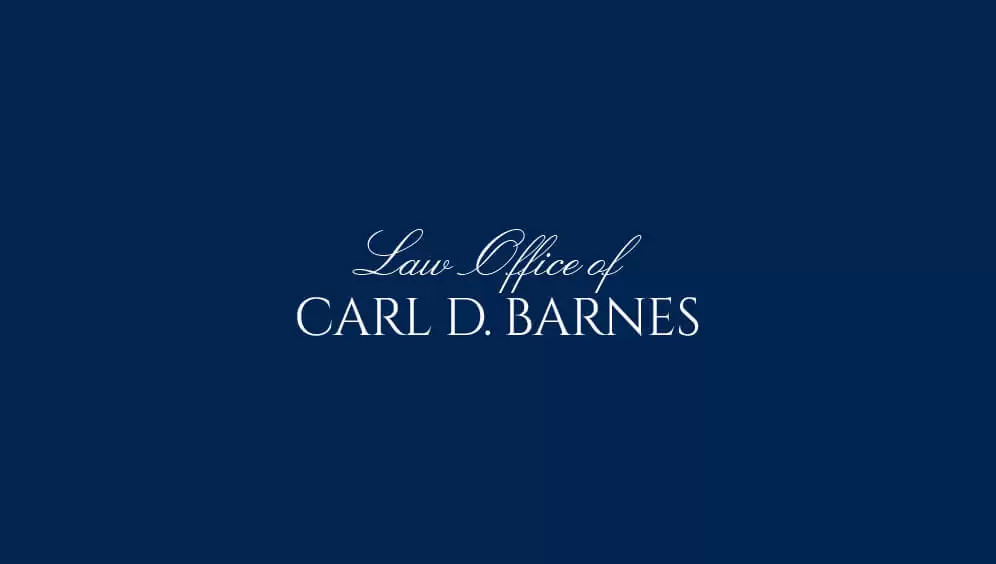Free Consultations
What are the signs of a skull fracture?

If you suffer any break to your cranial bone, it is a skull fracture. The most common cause of a skull fracture is a blow to the head. Car accidents often cause enough force upon impact to crack the skull. Sometimes, a skull fracture can include a brain injury, but that is not always the case.
According to Medline, the symptoms of a skull fracture vary based on severity.
Symptoms of skull fractures
If there is no bone exposed, it can be difficult to tell if you have a skull fracture. Severe fracture symptoms include:
- Bruising around trauma site
- Severe pain and swelling
- Bleeding from the wound or around the eyes, ears and nose
- Redness and warmth around the site
Symptoms that may not seem related to the fracture include headaches, vomiting, blurred vision, nausea, loss of balance, confusion and more.
Categories of skull fractures
There are several types of skull fractures. The fractures may include different levels of trauma. The types of fractures include:
- Closed fractures
- Depressed fractures
- Basal fractures
- Open fractures
Closed fractures are the simplest fractures. They do not include broken skin. A depressed fracture, on the other hand, causes a dent in the skull or an extension into the brain cavity. Basal fractures occur around the ears, nose or eyes. They may also happen near the spine or top of the neck. Physicians refer to open fractures as compound fractures. If you suffer a compound fracture, your skin breaks and exposes bone.
While some skull fractures require surgical intervention, many skull fractures heal on their own with pain medication and rest.

2500 East Colorado Boulevard
Suite 350 Pasadena, CA 91107
Pasadena Law Office Map

